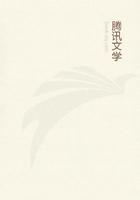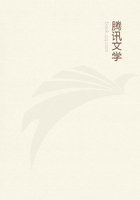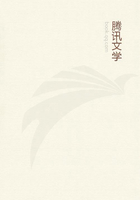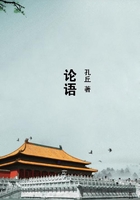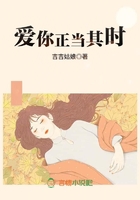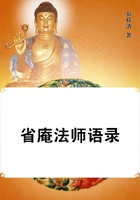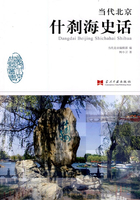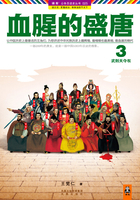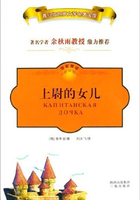(August 1825)
Joannis Miltoni, Angli, de Doctrina Christiana libri duo posthumi. A Treatise on Christian Doctrine, compiled from the Holy Scriptures alone. By JOHN MILTON, translated from the Original by Charles R. Sumner, M.A., etc., etc. 1825.
Towards the close of the year 1823, Mr. Lemon, deputy keeper of the state papers, in the course of his researches among the presses of his office, met with a large Latin manuscript. With it were found corrected copies of the foreign despatches written by Milton while he filled the office of Secretary, and several papers relating to the Popish Trials and the Rye-house Plot. The whole was wrapped up in an envelope, superscribed To Mr. Skinner, Merchant. On examination, the large manuscript proved to be the long-lost Essay on the Doctrines of Christianity, which, according to Wood and Toland, Milton finished after the Restoration, and deposited with Cyriac Skinner. Skinner, it is well known, held the same political opinions with his illustrious friend. It is therefore probable, as Mr. Lemon conjectures, that he may have fallen under the suspicions of the Government during that persecution of the Whigs which followed the dissolution of the Oxford parliament, and that, in consequence of a general seizure of his papers, this work may have been brought to the office in which it has been found. But whatever the adventures of the manuscript may have been, no doubt can exist that it is a genuine relic of the great poet.
Mr. Sumner who was commanded by his Majesty to edit and translate the treatise, has acquitted himself of his task in a manner honourable to his talents and to his character. His version is not indeed very easy or elegant; but it is entitled to the praise of clearness and fidelity. His notes abound with interesting quotations, and have the rare merit of really elucidating the text. The preface is evidently the work of a sensible and candid man, firm in his own religious opinions, and tolerant towards those of others.
The book itself will not add much to the fame of Milton. It is, like all his Latin works, well written, though not exactly in the style of the prize essays of Oxford and Cambridge. There is no elaborate imitation of classical antiquity, no scrupulous purity, none of the ceremonial cleanness which characterises the diction of our academical Pharisees. The author does not attempt to polish and brighten his composition into the Ciceronian gloss and brilliancy. He does not in short sacrifice sense and spirit to pedantic refinements. The nature of his subject compelled him to use many words "That would have made Quintilian stare and gasp."
But he writes with as much ease and freedom as if Latin were his mother tongue; and, where he is least happy, his failure seems to arise from the carelessness of a native, not from the ignorance of a foreigner. We may apply to him what Denham with great felicity says of Cowley: "He wears the garb, but not the clothes of the ancients."
Throughout the volume are discernible the traces of a powerful and independent mind, emancipated from the influence of authority, and devoted to the search of truth. Milton professes to form his system from the Bible alone; and his digest of scriptural texts is certainly among the best that have appeared.
But he is not always so happy in his inferences as in his citations.
Some of the heterodox doctrines which he avows seemed to have excited considerable amazement, particularly his Arianism, and his theory on the subject of polygamy. Yet we can scarcely conceive that any person could have read the Paradise Lost without suspecting him of the former; nor do we think that any reader, acquainted with the history of his life, ought to be much startled at the latter. The opinions which he has expressed respecting the nature of the Deity, the eternity of matter, and the observation of the Sabbath, might, we think, have caused more just surprise.
But we will not go into the discussion of these points. The book, were it far more orthodox or far more heretical than it is, would not much edify or corrupt the present generation. The men of our time are not to be converted or perverted by quartos. A few more days, and this essay will follow the Defensio Populi to the dust and silence of the upper shelf. The name of its author, and the remarkable circumstances attending its publication, will secure to it a certain degree of attention. For a month or two it will occupy a few minutes of chat in every drawing-room, and a few columns in every magazine; and it will then, to borrow the elegant language of the play-bills, be withdrawn to make room for the forthcoming novelties.
We wish, however, to avail ourselves of the interest, transient as it may be, which this work has excited. The dexterous Capuchins never choose to preach on the life and miracles of a saint, until they have awakened the devotional feelings of their auditors by exhibiting some relic of him, a thread of his garment, a lock of his hair, or a drop of his blood. On the same principle, we intend to take advantage of the late interesting discovery, and, while this memorial of a great and good man is still in the hands of all, to say something of his moral and intellectual qualities. Nor, we are convinced, will the severest of our readers blame us if, on an occasion like the present, we turn for a short time from the topics of the day, to commemorate, in all love and reverence, the genius and virtues of John Milton, the poet, the statesman, the philosopher, the glory of English literature, the champion and the martyr of English liberty.

